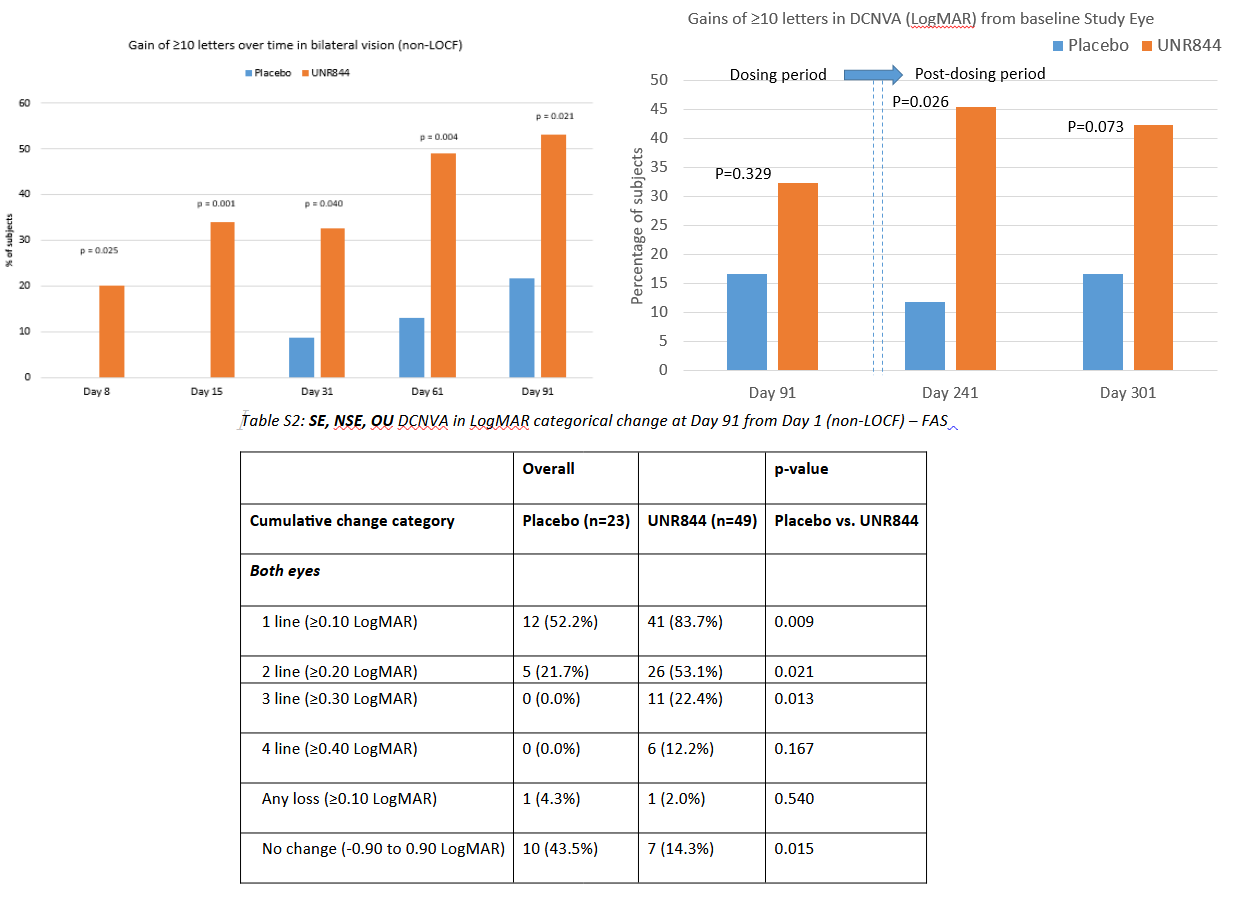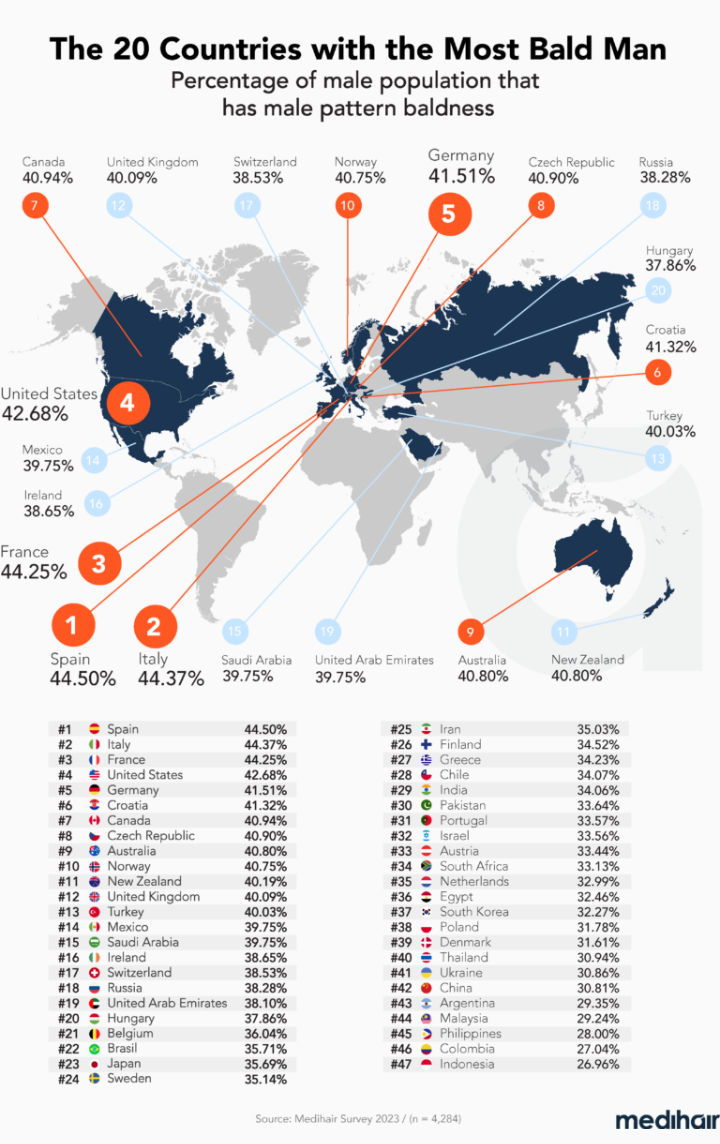Info continuation
Main points in practice
Support you own endogenous production of DAO with useful nutrients. ## Be sure to get enough of vitamin C B6 (P5P) and coper.
Pay attention:
Not a vitamin B complex. 50 mg B6 is OK. B6 must be co-enzymed (P5P), without additive preferably.
• Swanson, P-5-P-pyridoxal-5-phosphate, 20 mg, 60 capsules. 3.51 € iherb.com, 0.18 €/gel.
=>Advised choice for dosage if neuronal pathology (hypersensitivity). 1x/d.
Pay attention: Too much of a good thing is bad. ## There is a threshold not to overload with B6 PLP, depending on your underlying degree of low grade inflammation and neuro-pathologies. pauses are required with PLP (effective form).
• Thorne, Pyridoxal 5'-phosphate, 180 capsules. 33.8 mg. With dioxide Si. 47.28 € - 10% by iherb..com, 0.263 €/gel.
• Nutrabio 100 mg, 60 capsules. 14.72 €, 0.25 €/ gel. My choice because without excipient. 1x/ every other day (every two days).
Chelated Coper (bisglycinate coper 10-15 mg, twice a day if suffering from dysbiosis).
Vitamin C must be identified with CAS N° 50-81-7 (or with Specific Optical Rotation, between +20.5°~+21.5°) (without HM => certificate). Otherwise it’s half not assimilated (rubbish). Mine comes from Scotland, organic source (not from China). Labelled acid ascorbic quali-c (nutrimuscle.com 125 gr 22.95 €). Surfine powdered vitamin so that it dimots well, without residue.
Magnesium bisglycinate (mind the origin: well diluted and taste) we lack Mg.
DAO enzyme. 1 000 000 units.
I take NaturDAO 10-15’ before meal 3x/d. Gradually stop treatment (amazon.fr)
I won’t eat liver more than once every 5 days. And from organic source or from poultry (young chicken).
Support your methylation: For example with betaïne HCL (Now Food, with pepsin) or with TMG supplement (Now Food, TMG 1000 mg or 2x 500 mg). I take TMG (tri-methyl-glycine) 2250 mg from Super Smart (with a 30 % discount). No need to be so high.
NDLR: Chris Masterjohn has recommended TMG when taking B3 (niacin).
What is the difference between betaine HCl and trimethylglycine?
Betaine HCl has an acidic taste whereas anhydrous TMG ("anhydrous betaine") tastes sweet with a metallic aftertaste and is usually produced from sugar beets (as is betaine hydrochloride). Both are active as methyl donors, as 'betaine' is retained in both forms.
Mast cell control
I take quercetin anhydride 500 mg (nutrixeal.com) once a day. With a meal because some fat is required. In cure. Or every other week (every two weeks).
Mind some foods:
We should not only worry about foods that contain large quantity histamine (H3 in the PDF list), but also foods that release histamine (L3 in the PDF list, in French) (L stands for liberation). For example, tuna is classified H3 (high contribution), the orange fruit is L3 (leads to a high reaction of histamine release).
Histamine Diet
See PDF list.
Useful info (in French)
https://mirzoune-ciboulette.forumactif.org/t1745-traiter-lintolerance-a-lhistamine?highlight=histamine
=> How to deal with histamine intolerance + short list of food high in histamine.
See beneath for an English source.
L3 (power 3/3) (L stand for liberator => set free)
Walnut, lemon (lime), orange, grapefruit, wine and balsamic vinegar, alcohol, iodine. Other examples on this link (list of incompatibility for histamine, in French):
Noix, citron vert (lime), orange, pamplemousse, vinaigre de vin et balsamique, alcool, iode.
Autres exemples sur ce lien (Liste d’incompatibilité à l’histamine) :
https://www.mastzellaktivierung.info/downloads/foodlist/31_FoodList_FR_alphab_avecCat.pdf
It is not because a food brings little histamine that he does not cause a release of histamine. So be careful not to be based only on a single info source. It is above all the accumulation that must be avoided, and be careful in more sensitive times, of course.
Traduction : Ce n’est pas parce qu’un aliment apporte peu d’histamine qu’il n’entraine pas une libération d’histamine. Donc, attention à ne pas se baser seulement sur une seule source d’info. C’est surtout le cumul qu’il faut éviter, et faire attention en période plus sensible, évidemment.
Alcohol and other drugs
Alcohol overburdens liver detox. There are many drugs with prohibited molecules.
See link. I made a copy in a docx in order to make a search easily. By the way, I made 2 mistakes: curcumine and High dose thiamine (B1) before recovering. + pineapple (L2) in crisis.
This group does extensive research on histamine and is quite reputable. They list Thiamine/B1 as being a liberator and DAO blocker with certain types of administration:
*) Thiamin as histamin liberator and DAO inhibitor
Sattler 1985 (PDF with reference on histamine active substance, in English)
Sattler J, Hesterberg R, Lorenz W, Schmidt U, Crombach M, Stahlknecht CD.: "Inhibition of human and canine diamine oxidase by drugs used in an intensive care unit: relevance for clinical side effects?" Agents Actions. 1985 Apr;16(3-4):91-4.
https://pubmed.ncbi.nlm.nih.gov/3925736
(Liste unverträglicher Medikamente (DAO-Hemmer))
*) Low histamine Diet Anit Tee factvsfitness.com (pdf with info I English)
*) Liste de compatibilité alimentaire – Histamine
Triée par ordre alphabétique, avec catégories.
Communauté d'intérêts Suisse de l'intolérance à l'histamine (SIGHI) www.mastzellaktivierung.info | www.histaminintoleranz.ch => rubrique téléchargement / Liste détaillée de la compatibilité des aliments de base (rubrique : Régime alimentaire pour éliminer l'histamine > Téléchargement).
Info en anglais / français / allemand.
Liste PDF en français
FoodList histamine, FR, alphabétique, avec catégories
https://www.mastzellaktivierung.info/downloads/foodlist/31_FoodList_FR_alphab_avecCat.pdf
Fix the gut
=> Dysbiosis – Probiotics? – Strengthen gut walls – Target diet if intolerant gut
Sources and references
0. Useful Info
Dr. Becky Campbell – Free Histamine Guide.
https://lowhistamineeats.com/clear-histamine-naturally/
Reversing Histamine Intolerance Takes More Than a Low-Histamine Diet
https://caplanhealthinstitute.com/reversing-histamine-intolerance-takes-more-than-a-low-histamine-diet/
https://drtaniadempsey.com/5-natural-antihistamines-to-combat-allergies/
Sources and references
“Effect of dietary fatty acid and micronutrient intake/energy ratio on serum diamine oxidase activity in healthy women”
https://pubmed.ncbi.nlm.nih.gov/28606572/
Results: Serum DAO activity in both phases was positively correlated with intake of long-chain fatty acids, saturated fatty acids, and monounsaturated fatty acids (P < 0.05). Intake of phosphorus, calcium, zinc, magnesium, iron, and vitamin B12 during the luteal phase was positively correlated with serum DAO activity (P < 0.05).
“Nutrient-induced inflammation in the intestine – PMC –NCBI.”
https://www.ncbi.nlm.nih.gov/pmc/articles/PMC4520304/
Understanding the relationship between nutrient absorption and intestinal inflammation is important. We need a better understanding of the interaction between enterocytes and the intestinal immune cells in nutrient absorption and the gut inflammatory responses.
The increased release of histamine and DAO is specific to fat feeding and is not shared by carbohydrate or protein feeding.
Wollin A, Wang XL, Tso P. Nutrients regulate diamine oxidase release from intestinal mucosa. Am J Physiol. 1998;275:R969–R975. [PubMed] [Google Scholar]
Adopting a leaky gut protocol or a diet rich in anti-inflammatory foods and high in antioxidants, can be instrumental in addressing the root-problem.
Improving gut health and taking DAO are pillars of histamine intolerance treatment.
https://caplanhealthinstitute.com/reversing-histamine-intolerance-takes-more-than-a-low-histamine-diet/
Useful nutrients include vitamins B6, copper, iron, magnesium, phosphorus, zinc, and vitamin C. (a,b) Each of these nutrients both support and modulate immune function for the better.
a. Maintz L, Novak N. Histamine and histamine intolerance. Am J Clin Nutr. 2007;85(5):1185-1196. doi:10.1093/ajcn/85.5.1185
b. Miyoshi M, Ueno M, Matsuo M, et al. Effect of dietary fatty acid and micronutrient intake/energy ratio on serum diamine oxidase activity in healthy women. Nutrition. 2017;39-40:67-70. doi:10.1016/j.nut.2017.03.004
Le syndrome d'activation des mastocytes et l'activation inappropriée des mastocytes
Les symptômes proviennent principalement de la libération de médiateurs et comprennent un prurit, des bouffées de chaleur et une dyspepsie due à une hypersécrétion gastrique.
Mastocyte activation syndrome and inappropriate activation of mastocytes
Symptoms come mainly from the release of mediators and include pruritus, hot flashes and dyspepsia due to gastric hypersecretion.



